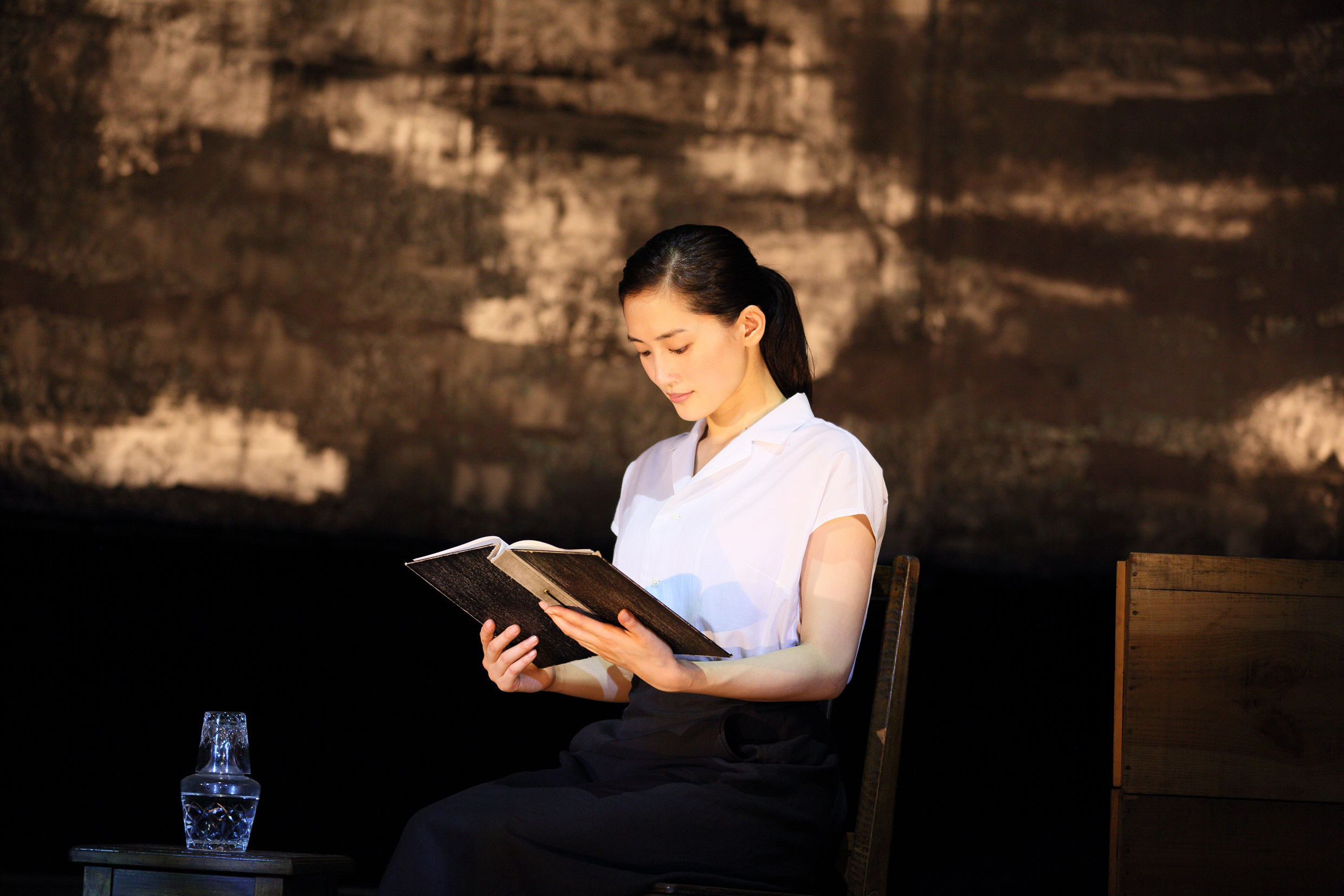An annual ritual on Japanese television on or around Aug. 6 is a number of special programs about the atomic bombings of Hiroshima and Nagasaki. Truth be told, after many years in this country I tune out more than I tune in. Just as the bombings were political acts, so are the many memorial programs that repeat an unimpeachable message — "No more Hiroshimas and Nagasakis" — with an implied subtext of Japan as blameless victim that elides more than it illuminates.
One film about the Hiroshima bombing that drills into emotional bedrock instead of retailing familiar platitudes is "Ishibumi," ("Stone Monument") Hirokazu Koreeda's reworking of a classic 1969 TV program produced by Hiroshima Television. The movie is currently screening at PorePore Theater in Tokyo's Higashi Nakano district and elsewhere around Japan.
The focus of the original TV program and the book that accompanied it were the 322 first-year students and four teachers at Hiroshima Second Middle School who were engaged in demolition work only 500 meters from the hypocenter of the blast and died either on the spot or soon after. Their survivors gathered testimonies about their last words and actions that formed the basis of the book and program.


















With your current subscription plan you can comment on stories. However, before writing your first comment, please create a display name in the Profile section of your subscriber account page.